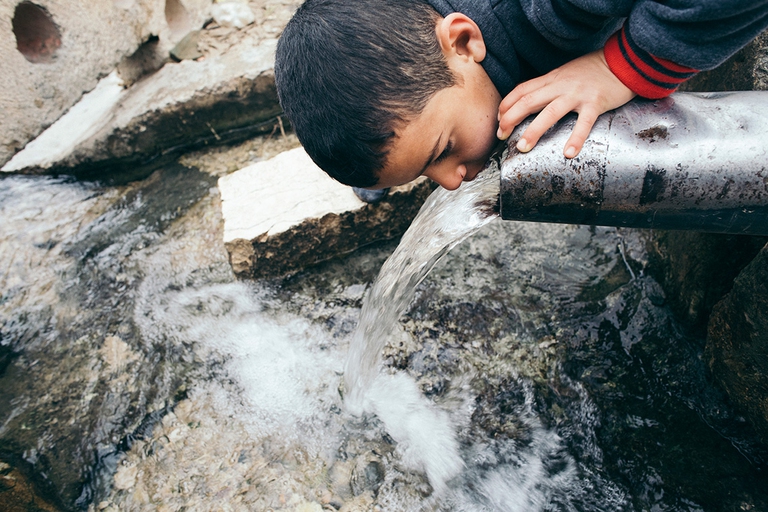
Chilekwa Mumba is a Zambian is an environmental activist and community organizer. He is known for having organized a successful lawsuit against UK-based mining companies.
Quali sono le aree più a rischio siccità o dove l’accesso all’acqua non è garantito? Un atlante ci mostra dove si verifica il water grabbing, l’accaparramento dell’acqua.
The expression water grabbing or “water hoarding” (not to be confused with land grabbing) refers to a situation in which powerful actors, public or private, are able to take control of or reallocate precious water resources for their own benefit at the expense of local communities and the ecosystems on which communities’ livelihoods are based.The effects are devastating: families are driven from their villages to make room for mega dams, water sources are privatised, water is polluted for industrial purposes that benefit few and damage its quality, and military forces seize control of water sources to limit development.
In 2010 the United Nations General Assembly approved a resolution recognising access to clean water and sanitation as fundamental human rights. The historic resolution on the motion presented by Evo Morales Ayma, President of Bolivia, along with thirty other countries states that, “drinking water and sanitation services are human rights essential to the full enjoyment of the right to life and of all other human rights”. Yet today this right isn’t actively protected by member states.
Member states have also failed to respect the United Nations treaty on transboundary waters to mitigate the risk of conflicts related to water, which only 39 states have signed to date. The United States and China remain deaf to calls to support the legal document.
In the so-called developing parts of the world but also in some industrialised countries water is turning into a private good or one controlled by those in power from being a freely accessible common resource. Under the pressure of growing water demand due to increases in population and industrial growth in developing countries in the grip of climate change, which is more and more visible in our daily lives, water is becoming a source of conflict. It is a scarce commodity that must be “hoarded” at a neighbour’s expense, even to the detriment of women and girls who take care of gathering water daily taking time from education and work.
The Watergrabbing – An Atlas of Water special, published with the support of the European Journalism Centre and Gruppo CAP in partnership with seven news services, looks into the water hoarding phenomenon. Every story explains a specific theme (transboundary waters, dams, hoarding for political and economic purposes) and shows the players involved, country-by-country. Photos, articles, and maps will take you on this journey. A geographic atlas has also been created as a reference tool, available for download to the curious reader, student or researcher. Take time to read and discover what water grabbing means. So that water can become a right for every country and each of its citizens.
Siamo anche su WhatsApp. Segui il canale ufficiale LifeGate per restare aggiornata, aggiornato sulle ultime notizie e sulle nostre attività.
![]()
Quest'opera è distribuita con Licenza Creative Commons Attribuzione - Non commerciale - Non opere derivate 4.0 Internazionale.
Chilekwa Mumba is a Zambian is an environmental activist and community organizer. He is known for having organized a successful lawsuit against UK-based mining companies.
On the hills of Minabe and Tanabe ume fruit has been cultivated alongside oak forests and honeybees for centuries using a method now recognised by the FAO.
A new UNU-INWEH report on the global bottled water industry reveals the massive scale of this market and the lack of strict quality controls.
Committed to the struggle for the right to water, in Hasankeyf and in the Syrian region of Rojava. This is the story of water defender Ercan Ayboga.
Italy needs more space for its rivers and for them to be managed more naturally. Water defender Andrea Goltara knows this well.
Europe’s last wild river, the Vjosë in Albania, is threatened by hydroelectric development. Activist Olsi Nika tells us about the international campaign to protect it.
“The value of water is not its price”. We speak to Pedro Arrojo-Agudo, the new United Nations Special Rapporteur on the human rights to safe drinking water and sanitation.
A group of experts in Tokyo suggested pouring radioactive water from Fukushima into the open sea. A marine biochemist explains the consequences of this absurd decision.
Our species took its first steps in a world covered in trees. Today, forests offer us sustenance, shelter, and clean the air that we breathe.








